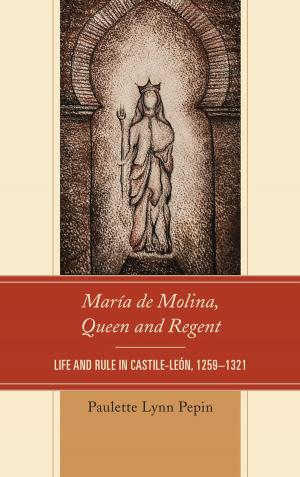| Author: | Bouchra Belgaid | ISBN: | 9780739137956 |
| Publisher: | Lexington Books | Publication: | December 18, 2010 |
| Imprint: | Lexington Books | Language: | English |
| Author: | Bouchra Belgaid |
| ISBN: | 9780739137956 |
| Publisher: | Lexington Books |
| Publication: | December 18, 2010 |
| Imprint: | Lexington Books |
| Language: | English |
Alone among contemporary American novelists, John Irving seems to bridge the ever-present cultural divide between best-selling fiction and serious literary endeavour. His Irvingnesque style encapsulates the shifting patterns of American culture since the 1960s, expressing a mood of nostalgic melancholy or cultural mourning, which seems to go against ideas of the Postmodern. Indeed, Irving is one of the very few commercial novelists to be taught on university courses, this book is the first full-length study of his writing to situate him within the social, historical and political context of his times. It contends that postmodernism derives from the political failure of the sixties and a narcissistic obsession with the composition of the self. This narcissism is at the same time what Freud labels as cultural melancholia, the mourning of a lost ideal self-image. Just as nostalgia appears as narcissistic history, this lost self-image conjures up the figure of the Dead Father and the Father's Law, a figure which Irving's prose obsessively pursues.
Alone among contemporary American novelists, John Irving seems to bridge the ever-present cultural divide between best-selling fiction and serious literary endeavour. His Irvingnesque style encapsulates the shifting patterns of American culture since the 1960s, expressing a mood of nostalgic melancholy or cultural mourning, which seems to go against ideas of the Postmodern. Indeed, Irving is one of the very few commercial novelists to be taught on university courses, this book is the first full-length study of his writing to situate him within the social, historical and political context of his times. It contends that postmodernism derives from the political failure of the sixties and a narcissistic obsession with the composition of the self. This narcissism is at the same time what Freud labels as cultural melancholia, the mourning of a lost ideal self-image. Just as nostalgia appears as narcissistic history, this lost self-image conjures up the figure of the Dead Father and the Father's Law, a figure which Irving's prose obsessively pursues.















